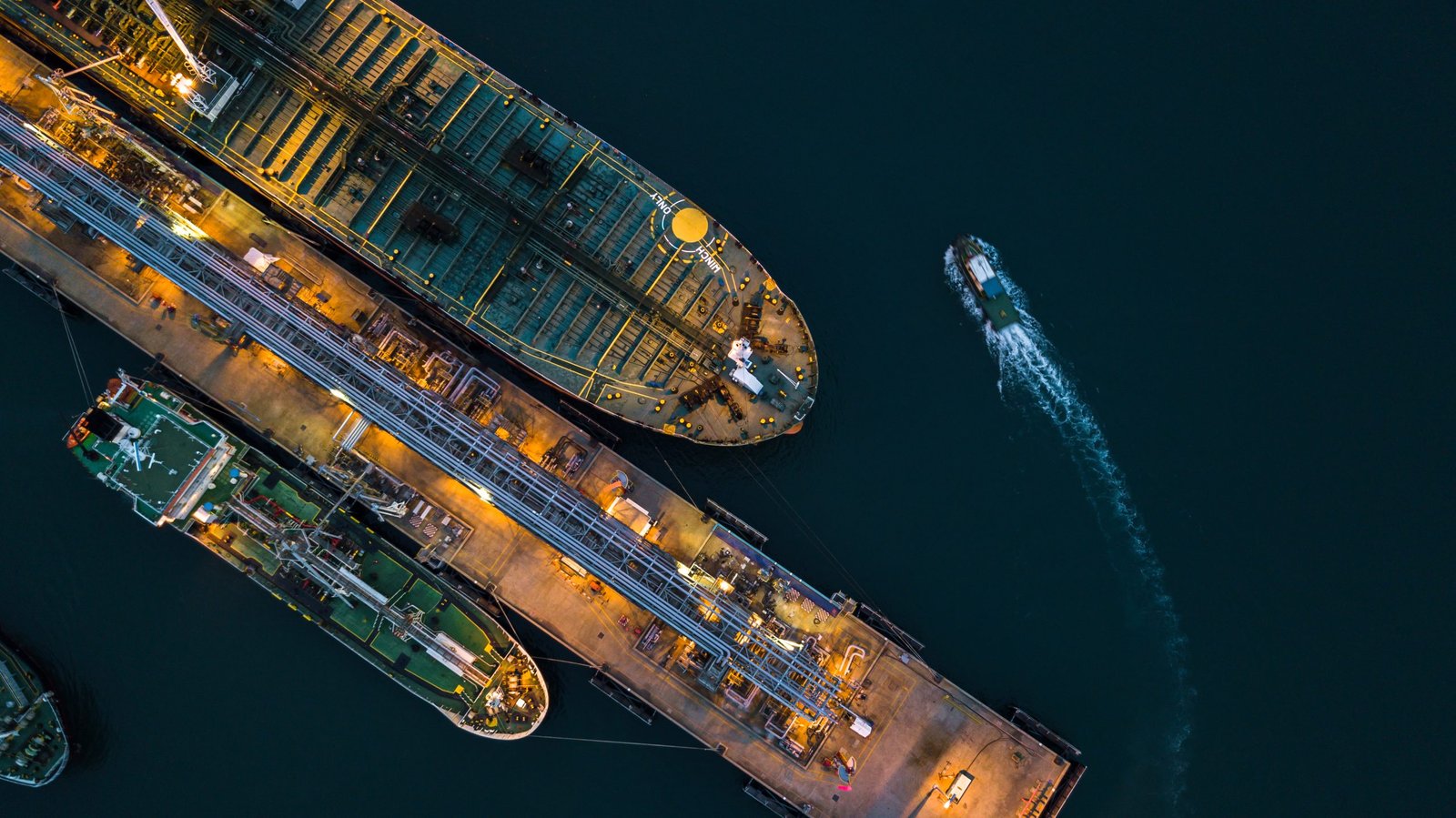The maritime industry requires the use of reliable and durable materials that can withstand harsh environmental conditions. Materials that resist saltwater, high humidity, and abrasive effects are crucial for shipbuilding and marine equipment. In this article, we explore the types, properties, and applications of corrosion-resistant materials used in the maritime industry.
Stainless Steel
Stainless steel is one of the most commonly used materials in the maritime industry. Specifically, 316-grade stainless steel offers high corrosion resistance due to its molybdenum content.
Properties:
- Excellent resistance to seawater and humid environments
- Durability and long lifespan
- Commonly used on ship decks, water pipes, and fastening equipment
Advantages:
- Low maintenance requirements
- High strength and aesthetically pleasing appearance
Aluminum
Aluminum is widely preferred in the maritime industry due to its lightweight nature and corrosion resistance. Aluminum alloys, in particular, provide significant advantages in shipbuilding and marine equipment.
Properties:
- Lightweight, contributing to fuel efficiency
- Forms a protective oxide layer against seawater
- Used in boats, structural frameworks, and radar towers
Advantages:
- Easy to process
- Long-term durability in harsh environmental conditions
Titanium
Titanium offers the highest corrosion resistance in the maritime sector. It is especially used in submarine applications and chemical storage tanks.
Properties:
- Superior resistance to seawater and chemicals
- High strength-to-weight ratio
- Long-lasting performance
Advantages:
- Minimal maintenance required due to excellent corrosion resistance
- Outstanding performance in extreme conditions
Composite Materials
Composite materials are increasingly preferred in modern maritime applications. Composites made from fiberglass and carbon fiber provide both lightweight properties and high durability.
Properties:
- Natural resistance to corrosion
- Lightweight yet high strength
- Commonly used in boat hulls, structures, and interiors
Advantages:
- Contributes to fuel efficiency
- Reduced maintenance and repair costs
Bronze and Brass
Bronze and brass are primarily used for components that come into direct contact with seawater. They are widely applied in propellers, valves, and pump components.
Properties:
- High resistance to seawater
- Conductive properties, making them useful in electrical systems
- Long-term use in traditional marine equipment
Advantages:
- Durable and long-lasting
- Provides natural protection against saltwater
Key Factors in Material Selection
When choosing materials for maritime applications, the following factors should be considered:
- Corrosion Resistance: The material’s ability to withstand seawater, salt, and chemicals
- Weight: Lightweight materials improve fuel efficiency and ease of processing
- Cost: A long-term cost analysis should be conducted before making a selection
- Maintenance Requirements: Materials that require less maintenance are preferable
- Application Area: The material should be suitable for the specific requirements of its intended use
Selecting corrosion-resistant materials is a critical factor in the success of maritime projects. Stainless steel, aluminum, titanium, and composite materials provide high durability and long-lasting performance, making them essential in marine applications. Choosing the right material based on application needs and environmental conditions ensures optimal results.
Efco International offers corrosion-resistant material solutions for your maritime projects. Contact us for more information!



